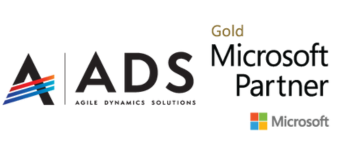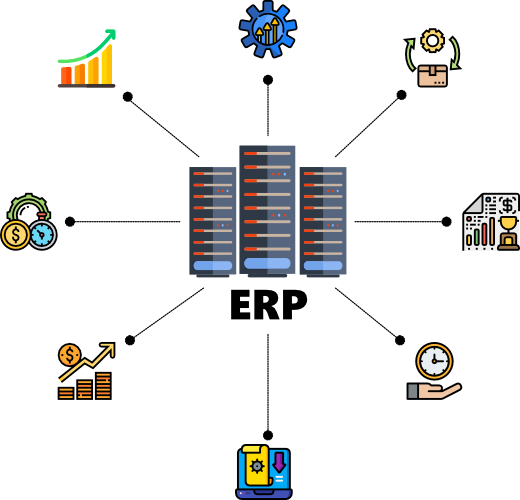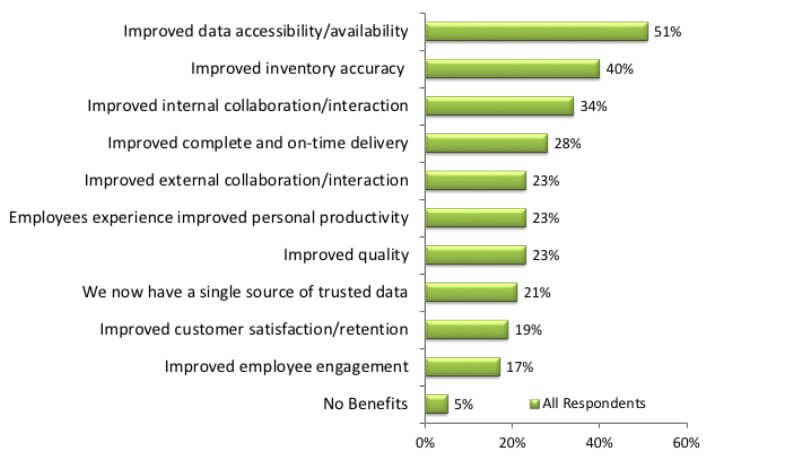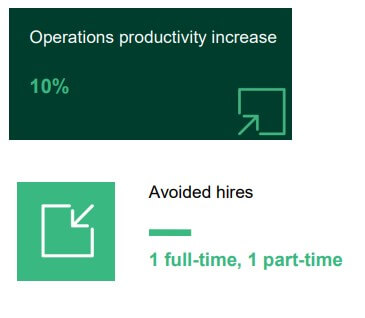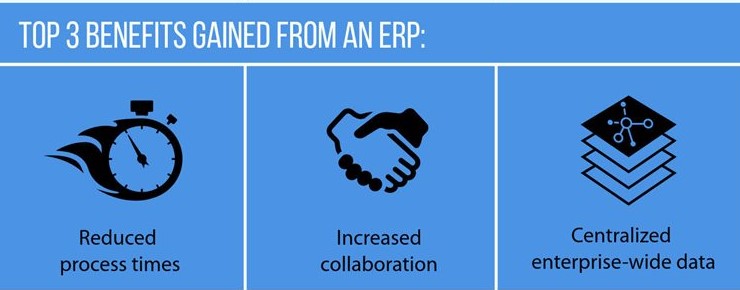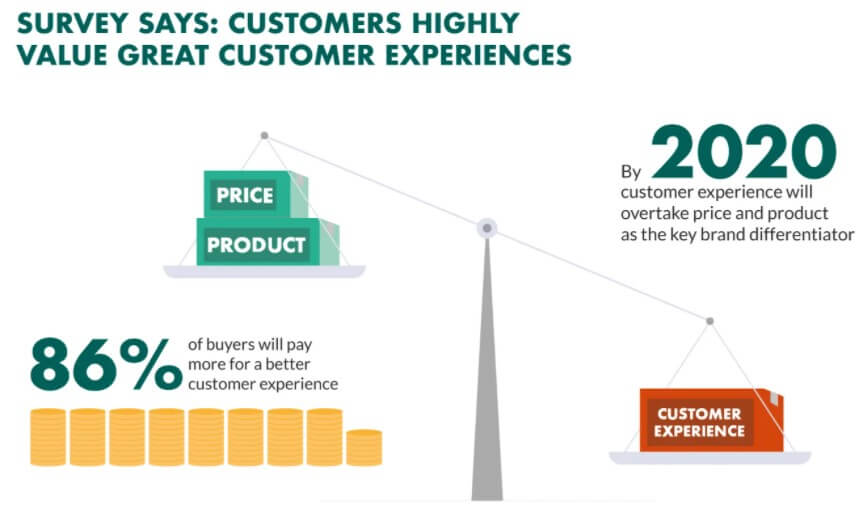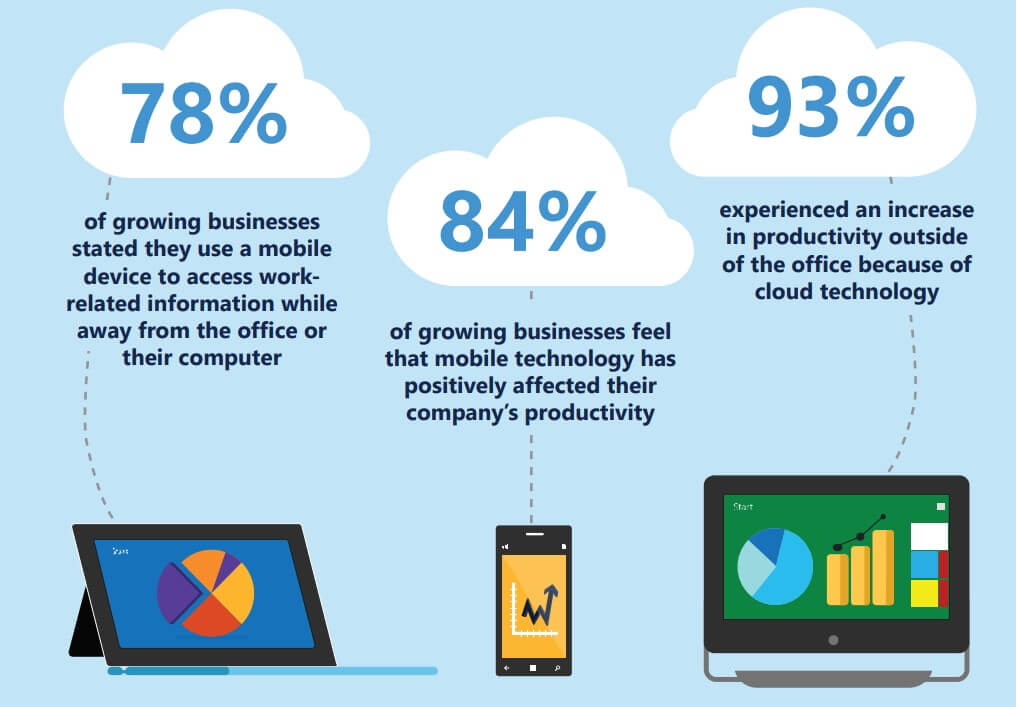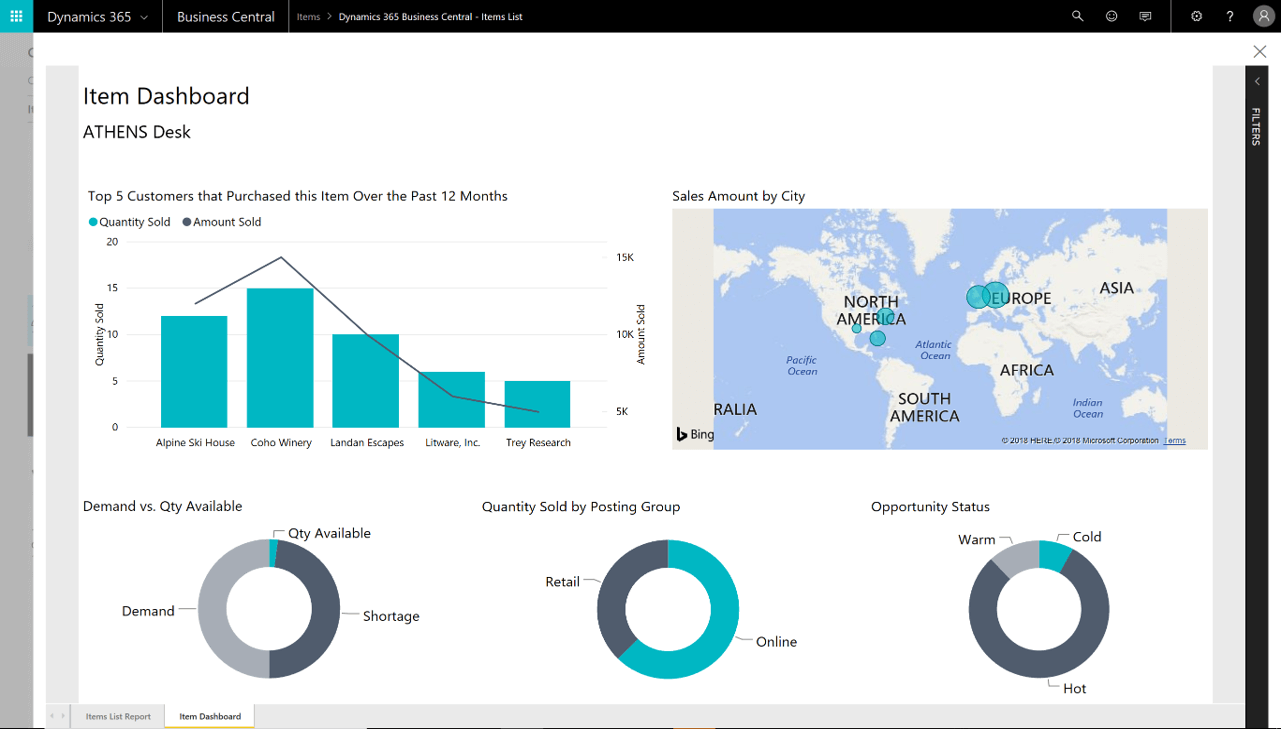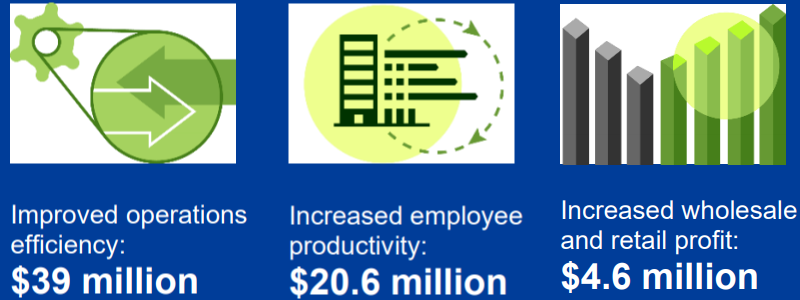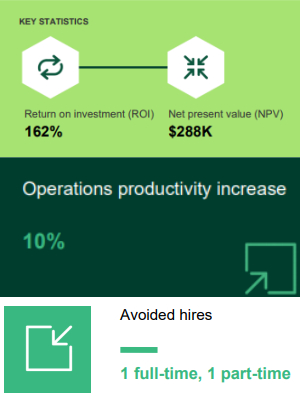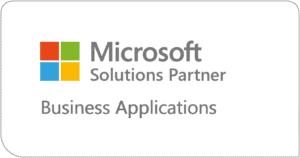Another big benefit of ERP system and a great advantage over competitors is the way how ERP systems handle your company data and create actionable insights.
ERP systems are not only helping organizations to centralize operations by connecting information from different departments and third-party tools, but modern ERP systems help organizations improve data management.
ERP systems support smarter and faster decision-making when analyzing business data, implementing new or improving existing business processes, and ultimately providing valuable insight into how the business is performing in real time.
And by using technologies like artificial intelligence, you can quickly transform data into insights and create reports that help your company make the right decision faster.
9. Ease to Scale Business
Scalability is nothing but growth in one way or the other. Whenever a business is growing in terms of the number of employees, the number of branches, the number of factories, or in any other way, they also need to scale up their existing technology.
This is when ERP systems bring another great benefit to those who have implemented. Modern ERP systems can provide a number of plugs and play applications to quickly customize your solution for your needs.
Not only that but modern ERP solutions are mostly modular-based applications which means you can easily and quickly extend your ERP solution with a new modular application. For example, if your business is using the Finance module, then you can easily extend it with other modules for supply chain, human resources, or project management.
All these solutions are built to be seamlessly integrated and share data across departments to increase your productivity and efficiencies.
Another way how your ERP system can help scale is by quickly adding new users to the system as needed. This allows you to onboard new employees faster and makes them productive from the beginning.
10. Reduce and Save Costs
The next ERP system benefit is it helps to reduce and save costs. one study finds that on average an ERP can reduce overall operational costs by 23% and administrative costs by 22%. That’s a significant saving over time. And while operational savings may be a driving factor to explore ERP adoption, quality ERP programs can do more than just save money.
ERPs cut operational costs and improve efficiencies by centralizing business processes into a single system and remove silos and disparate systems. This means more work can be done while using less time and resources.
Another way how ERP software can help reduce and save costs is it helps you to streamline and optimize your inventory and supply chain management by using artificial intelligence to help you analyze demands and supplies to reduce product shortages or over-supplied products that taking up space in the warehouse.
ERPs help you better analyze spending and purchases over time so you can more accurately determine your inventory needs, including tracking, waste analytics, damage assessments, and evaluations of products that are no longer essential to your current business needs.
Honestly, we have just scratched the surface of how a modern ERP system can help you to save and reduce costs, but for each business it is different. Therefore, if you want to learn more about how ERP can help you to save money, request more information and the expert of our team will help you.
Who Can Benefit from ERP System?
Can your company benefit from using an ERP system or are there only a few selected companies that can use ERP systems?
We believe that each business is different and unique and that is why it is important to look at business individually and understand the business needs and requirements the company has to provide a greater response to these questions.
And while the short answer is every organization can highly benefit from using ERP software there are also important aspects that businesses must consider if they are planning to invest in ERP solutions.
